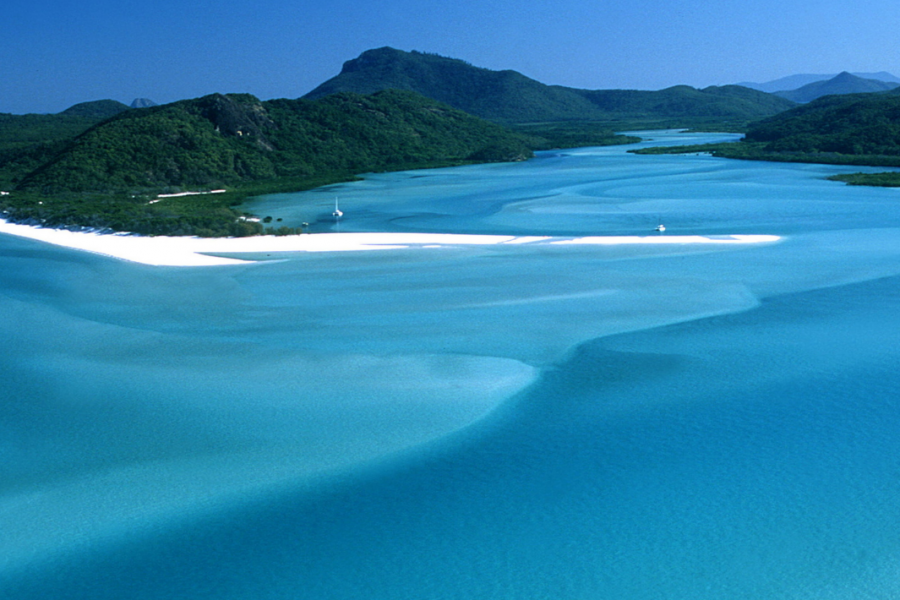
Ecocide: from individual to institutional accountability
18 February 2022
Consumers are demanding small and affordable EVs – why traditional automakers are supplying the opposite
15 March 2022“Taking the model that we have at land, and applying it at sea, clearly doesn’t work. It is a very different context”. Glen Wright
The third Chair and Students’ Roundtable was held on February 24. It was a virtual event. The topic was “Ocean Governance Challenges and Opportunities”. We were delighted to welcome Glen Wright (PSIA Professor, IDDRI) as our guest expert.
Participants of the Roundtable were PSIA students Florine Dominguez, Daniel Heuer, Fiona Hurrey, Louise Jeanneau, Emma Lefebvre, Shriya Marathe, Stefano Santori, Jotham Theo, Saskia Trubbach, with Glen Wright and Alejandra Guraieb (Research Assistant to the Chair).
Discussion Highlights:
- We shouldn’t be afraid to change established norms and habits to adapt them to today’s ocean challenges.
- Applying on the seas the same model used on land may not work as well, and thus satisfying multiple priorities (economic, social, or environmental) becomes much harder.
- Environmental needs are not necessarily dichotomous with economic needs, and we need to ensure a just environmental transition for coastal communities dependent on the ocean for livelihoods and sustenance, from the local fisheries, to port cities reliant on maritime trade. These framing activities are a necessary response to the variegated contexts the ocean poses, from the high seas, to coastal management, and even further inland, with policies concerning the ocean-dumping of waste, and more. All these are interconnected, but the scale of effort needed in global ocean governance should not discourage us!
- More inclusive governance should be put forward to deal with complex systems such as oceans, involving a wide range of actors. It is important to take into account the different global and local scales and all the interests between scientists, politicians, economists, the public and society at all levels.
- The existing gap between the scientific and social science worlds is still to be filled. A change of paradigm is also needed regarding our connection to the oceans, and regarding the way international decisions are made. We need, for instance, to empower local stakeholders and people directly impacted by climate change, to bring and take into account their knowledge and voices in the international decisions. It is important also to include indigenous knowledge and the needs of coastal communities in the distinct phases of marine protection projects.
- The current legal framework is really fragmented and plenty of actors are taking advantage of the lack of strong jurisdiction or enforcement. There is a necessity of reform not just of the contents of individual treaties or the mechanisms to enforce them, but of the entire governance architecture.
- International treaties are not the only means to create a sustainable ocean governance framework. The role of insurance and financing of marine economies is a major leverage to redirect capital towards more sustainable corporations. This would imply that there is a need for clear standards on what sustainable implies, the EU green taxonomy could serve as a source of inspiration.
- Implementation is a key issue, with governance of this interconnected, vast, and complex system requiring the mobilization and collaboration of highly different actors with differing concerns.
- Public awareness on the importance of sustainable ocean economies is important as demand can create pressure on the supply side. For example, fishing companies will only care about the fulfilment of the MSC scheme for sustainable fisheries when there is a demand for such products on their market.
- Capacity and technology transfer to developing nations will be necessary because sustainable ocean governance is a cross-border issue.
- The exponential magnitude of the climate changes and the importance of the ocean in the global climate system are still underestimated.
- Changes will not happen without experts from all backgrounds cooperating altogether and exchanging ideas.
- Ocean governance must prioritize optimism, transparency, and empathy. It is important to remember that regardless of the decisions and actions taken, the ocean will keep evolving, adapting and outlive us by far.
Students’ opinions on our Roundtable!
“Thank you very much for the opportunity to participate in the roundtable discussion. It was very interesting to exchange opinions and ideas about the future of ocean governance and I definitely learned a lot.”
“Participating in this roundtable about Ocean Governance was particularly rewarding. It gave us the opportunity to discuss the issues of the current framework and mindset regarding Ocean Governance and Marine Policy. The format of the roundtable made the discussion rich and complete, as we could address a lot of different perspectives (such as biology conservation, energy, deep sea mining, fisheries, ocean dependent livelihood, Marine Protected Areas) and the issues encountered by each of them.”
“I was very pleased to attend this roundtable on Ocean Governance. These conversations have definitely been enriching as well as challenging, thanks to the variety of the participant’s background.”

*Students Daniel Heuer, Shriya Marathe, and Jotham Theo also attended.


